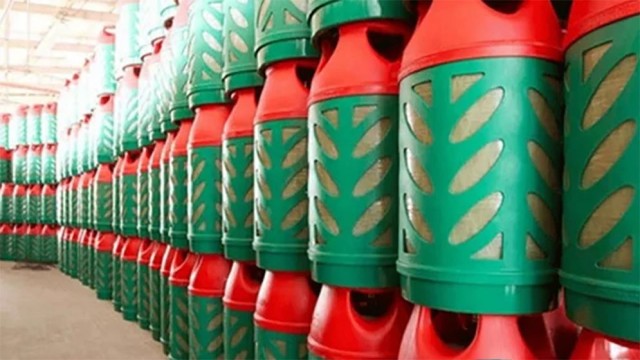The recent job-quota crisis in Bangladesh, which led to the resignation and flight of former Prime Minister Sheikh Hasina, has severely disrupted the textile industry in both Bangladesh and India. The unrest has caused garment factories in Bangladesh, which supply apparel to India, to remain closed. This has significantly affected the textile business in Indian regions such as Punjab, Tiruppur, and Ahmedabad, among others.
Bangladesh is a major importer of cotton yarn from India, with exports in 2023-24 amounting to Rs 16,173 crore, including Rs 1,000 crore from Punjab alone. However, due to the crisis, trucks carrying yarn and other products have been halted at the Bangladesh border, with only essential goods like sugar, wheat, and rice being allowed entry.
Despite the disruptions, the micro, small, and medium enterprises (MSMEs) in India have remained relatively unaffected, as the crisis primarily impacts larger corporate houses involved in yarn supply and garment production. Industry leaders believe that the situation is temporary and will stabilize as the interim government in Bangladesh takes control.
The crisis also highlights the impact on India's domestic bicycle industry, which may benefit from the disruption in imports of ready-to-ride bicycles from Bangladesh. Under the South Asia Free Trade Agreement, Bangladesh enjoys duty-free access to Indian markets, allowing the import of high-end bicycles from China via Bangladesh to avoid export duties. If the situation persists, local manufacturers may see increased demand for emergency supply orders of garments and bicycles.































Comment: